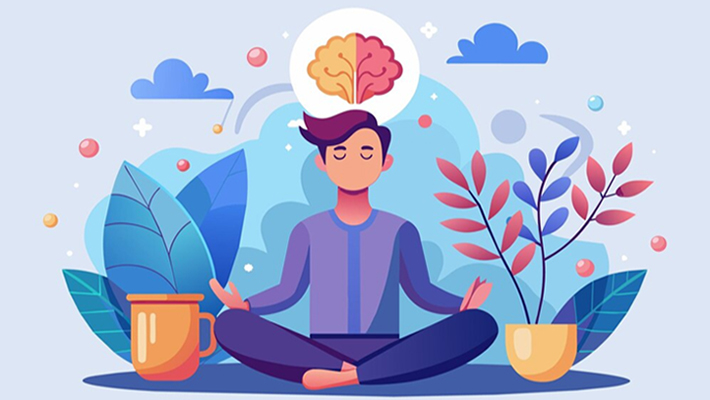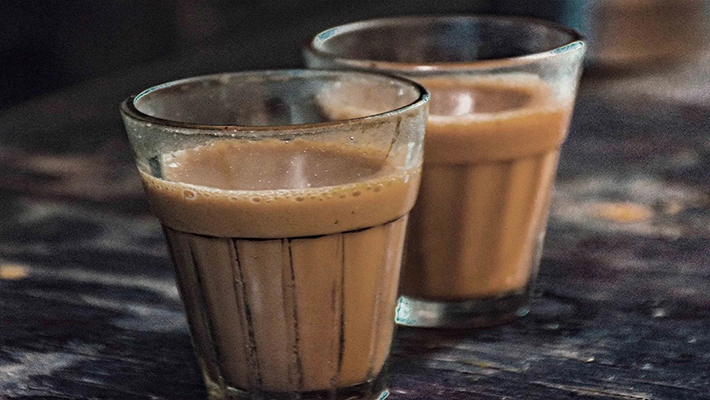
Surpassed by water, tea is the second most consumed beverage preferred worldwide. Traditionally, tea was adopted by our ancestors because of its potential health benefits, which has now undoubtedly turned into a lifestyle in a most upgraded version.The process of making tea is extremely simple and needs limited ingredients providing unmatched taste and an instant push to the soul, thus it is a must-have in each Indian’s shopping cart. The best part about the tea lies in its extensive range of variety that is available in the market, and can be customized regarding taste buds and health requirements. So, yes ‘there is a tea for every personaliTea’.
Undoubtedly the story of tea begins with China, but the most Indian thing about tea is, it never makes you feel alone. Stressed, bored, exhausted, or lethargic, just run down to a Chai Stall (Tea shop) and have your favorite cup of tea, and you are more than sorted. According to research, tea consumption of 2-3 cups daily reduces the risk of premature death, heart disease, stroke, and Type 2 diabetes. Though in India no one counts, as the amount of tea consumption is directly proportional to the amount of emotion people hold in the form of stress, joy, grief, celebration and likewise.
A Go-to Stress-buster
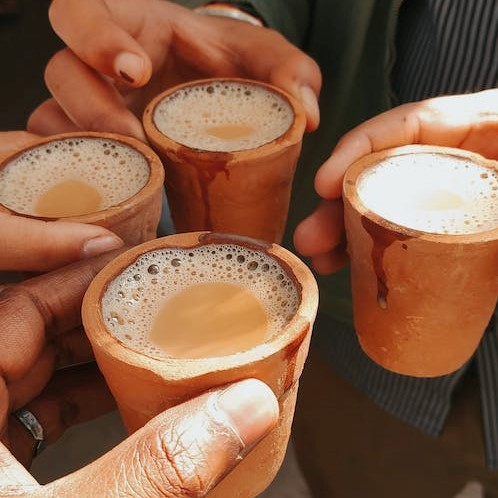
A common scenario in India is whenever people get a self-call of relaxation or they have to run out of any pressing situation, eventually they land on a tea cup. Maybe it is the second most popular addiction people carry after alcohol. Well, there are reasons, it carries the calming and soothing goodness of chamomile and other flavourful and nutrient-rich herbs that helps to calm and settle-down our nerve and help restore the ease and calmness our brain looks for. Moreover tea is like a hot shower to our brain.
The Teavolution
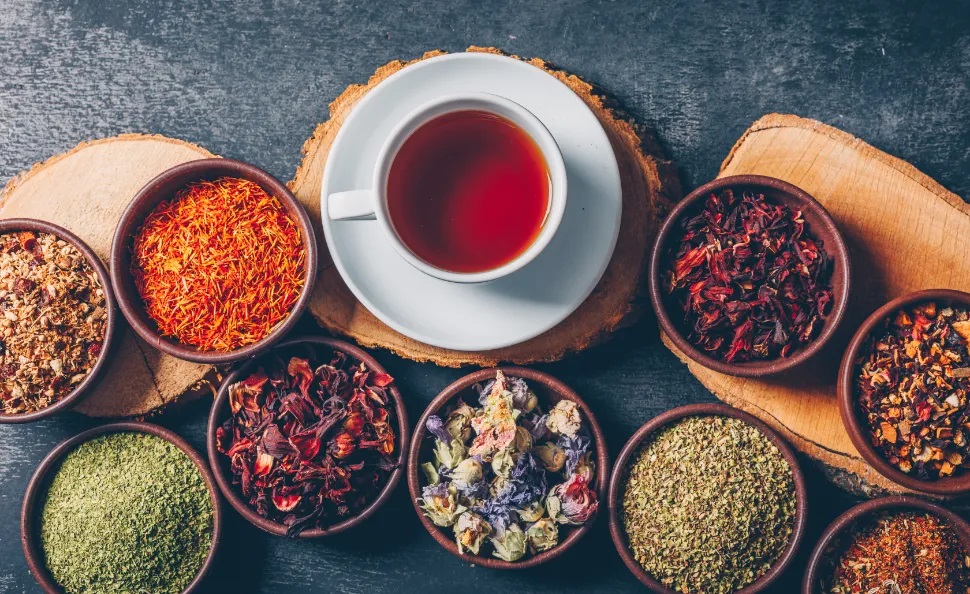
Since years, tea in the East is considered as a key factor to good health, happiness, and wisdom and lately it has caught the attention of the world now. And, to wind down from stress people throughout the world are frequently switching to Ayuverdic tea over coffee. A lot of brews can benamed as tea but purists consider only green tea, black tea, white tea, oolong tea, and pu-erh tea as the real thing. These all are derivatives of Camellia sinensis plant, which is a shrub native to China and India, and contains antioxidants called flavonoids. Let’s discuss the potential health benefits they are packed with:
Green Tea: It contains a high concentration of EGCG and antioxidants, which is incredible at burning fat, counteract oxidative stress on the brain, reduce risk of neurological disorders like Alzheimer’s and Parkinson’s diseases, reduce risk of stroke, and improve cholesterol levels.
Black Tea: This is made out of fermented tea leaves and has the highest caffeine content. It forms the basis for flavored teas like chai, along with some instant teas. As the studies states, black tea protects lungs from damage caused by exposure to cigarette smoke and also reduces the risk of stroke.
Matcha: It is a version of green tea made from the same leaf, but sweeter and creamier than the regular one. It also feels grassiness to smell and taste, when the powder is used a bit more than regular. It lowers cholesterol, Blood pressure and helps fight against cancer.
White Tea: It is as pure as its name and abundantly filled with potent anticancer properties, when compared to other processed teas.
Herbal Tea: Made from herbs, fruits, seeds, or roots steeped in hot water, herbal teas have lower concentrations of antioxidants than Green and Black tea. The amount of antioxidants mostly relies on the herb or plant that is being used in preparation. The varieties of herbal tea extend toward ginger, ginkgo biloba, ginseng, Jasmine, hibiscus, rosehip, Echinacea, mint, rooibos (red tea) and more to be discovered.
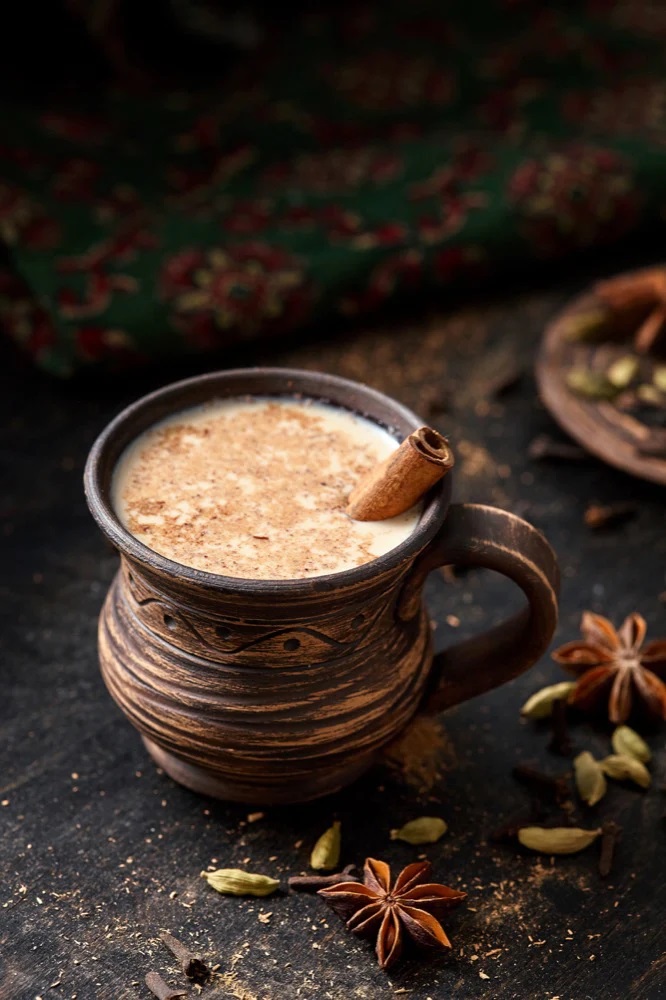
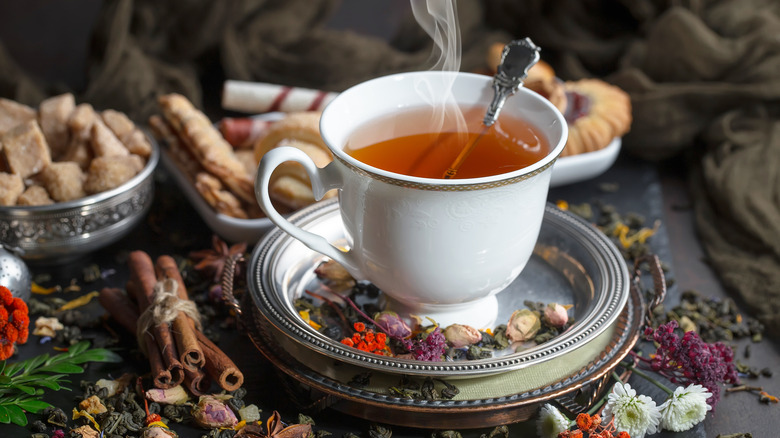
Add-on ‘DOPES’: Though the words framed till now are favoring tea consumption to the widest but nothing exceeds like excess. Studies reflect excess tea consumption may hamper sleep and may further lead to headaches, digestive issues, anxiety, and more.When moderate intake gives the utmost benefits, it’s a smart choice to avoid things in excess. As they say, Excess of everything is bad, even of goodness.





